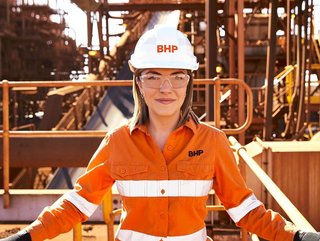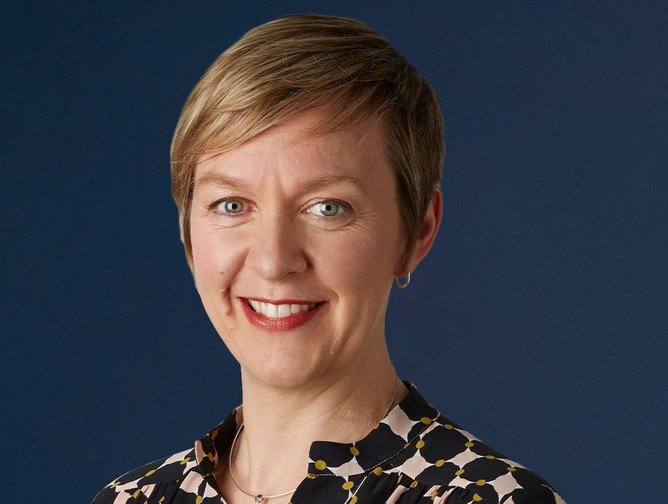How BHP is Driving Decarbonisation of the Steel Industry

There is a paradox in sustainability when it comes to steel. That’s because the steel industry accounts for around 8% of global CO2 emissions, yet the metal is essential for the production of climate change solutions such as wind turbines and EVs.
Industrialisation at scale in the likes of India and China is also fuelling the demand for steel.
The International Energy Agency recognises that the steel industry is hard to abate due to multiple factors. Decarbonising steel in line with the Paris Agreement means cutting emissions by 93% by 2050.
Little wonder, then, that there has been a flurry of excitement around so-called green steelmakers. Like Electra, which secured investment from the likes of Amazon and Breakthrough Energy Ventures, and claims to emit zero CO2 emissions while producing steel.
While this, and other sustainable solutions, is still very much in its infancy, iron ore and coal producer BHP is looking to help the industry decarbonise.
Based in Australia, which is the world’s largest producer and exporter of iron ore (essential for making steel), it is in BHP’s interest to support its customers.
BHP’s proprietary Steel Decarbonisation Framework describes the stages a steelmaking region must pass through on its decarbonisation journey, and the technology required at each stage.
The three stages are Optimisation – where most steelmaking globally is today – followed by Transition and then a Green end state.
Optimisation
Low-cost abatement levers are available to reduce GHG emissions from the existing process, according to BHP. These include using renewable power, recycling gases and heat, and using higher-quality raw materials.
BHP believes scrap will also play an important role in the Optimisation stage, as scrap-based electric arc furnace steelmaking increases.
Transition
This is where the industry will need to invest in low carbon technologies and increase the use of renewable energy and low carbon fuels to reduce GHG emissions even further.
Green end state
In this utopia, steel can be produced with zero or near-zero direct GHG emissions. Right now, this requires developing, proving and scaling technologies like those being trialled by Electra.
There will also need to be access to cheap and plentiful renewable electricity.
“Access by steelmakers to higher-quality metallurgical coal and iron ore products, which enables them to be more efficient and lower emissions intensity, is an important component of the transition to a low-carbon future,” said Fiona Wild, BHP Group Climate & Sustainability Officer.

BHP has also joined forces with other giants of the steel industry – such as Tata Steel and ArcelorMittal – who together account for around 17% of global steel production, in a bid to tackle Scope 3 emissions.
Wild explained that by reducing Scope 1 emissions for major manufacturers, this would in turn reduce BHP’s Scope 3 emissions.
“As a producer of materials that are essential building blocks of decarbonisation, BHP is supporting the global transition to a more sustainable development trajectory by evolving the solutions we provide to our customers and the solutions we procure from our suppliers and partners,” said Wild.






